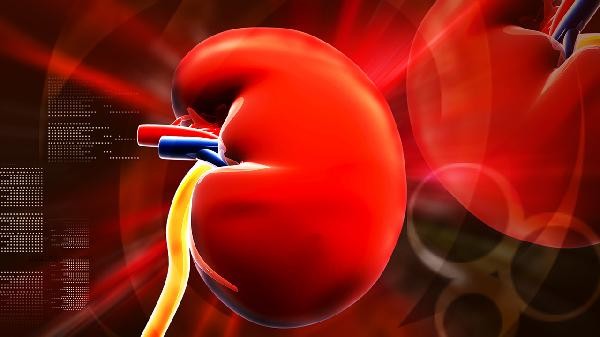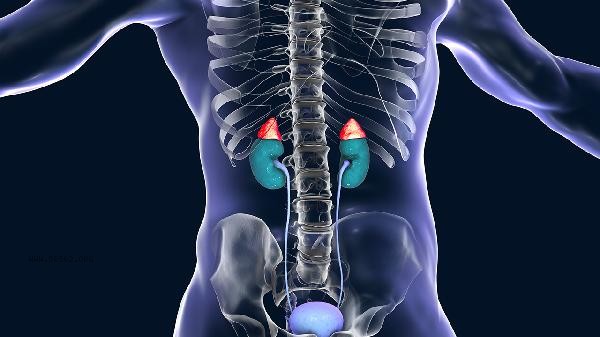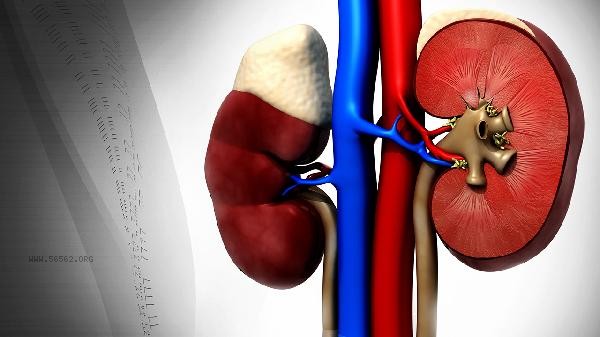Elevated creatinine levels may be caused by physiological factors such as vigorous exercise, high protein diets, or pathological factors such as acute kidney injury or chronic kidney disease. Long term elevated levels may lead to kidney failure, electrolyte imbalances, and other hazards.

1. Physiological factors:
In the short term, elevated creatinine is commonly seen in muscle metabolism after intense exercise, or in the intake of high protein foods such as meat, leading to an increase in metabolic products. This type of situation is usually a transient increase, and after adjusting the diet structure and taking appropriate rest, the indicators can return to normal.
2. Drug effects:
Some antibiotics such as gentamicin and nonsteroidal anti-inflammatory drugs such as ibuprofen may cause renal tubular damage, and chemotherapy drugs such as cisplatin may also interfere with creatinine excretion. During medication, regular monitoring of kidney function is necessary, and medication plans may be adjusted under the guidance of a doctor if necessary.
3. Acute kidney injury: When severe dehydration, septic shock, or other conditions lead to insufficient renal blood flow perfusion, a sharp increase in creatinine may occur. This type of condition is often accompanied by symptoms such as oliguria and edema, and requires timely fluid replacement treatment to relieve the cause. Most patients can fully recover their kidney function.

4. Chronic kidney disease:
Chronic progressive diseases such as diabetes nephropathy and hypertensive kidney damage will gradually destroy the glomerular filtration function, which is manifested by the continuous and slow rise of creatinine. In the early stages, there may only be asymptomatic proteinuria, and in the later stages, systemic symptoms such as anemia and abnormal bone metabolism may occur. 5. Urinary tract obstruction: Urinary flow obstruction caused by kidney stones, prostate hyperplasia, etc. can lead to creatinine excretion disorders, which may be accompanied by symptoms such as hydronephrosis and difficulty urinating. After the obstruction is relieved, creatinine levels can often decrease, but long-term untreated treatment may cause irreversible kidney damage. After discovering abnormal creatinine levels, daily protein intake should be controlled at 0.6-0.8 grams per kilogram of body weight, with priority given to high-quality proteins such as eggs and fish; Restrict high phosphorus foods such as animal organs and carbonated beverages; Maintain a daily water intake of at least 2000 milliliters to promote the elimination of metabolic waste. To avoid exacerbating muscle breakdown through intense exercise, one can choose walking, Tai Chi isothermal exercises, and other forms of exercise. Patients with hypertension or diabetes need to strictly monitor blood pressure and glucose, recheck renal function, routine urine and renal ultrasound every 3-6 months, and conduct 24-hour quantitative urine protein detection to assess the progress of the disease if necessary.










Comments (0)
Leave a Comment
No comments yet
Be the first to share your thoughts!